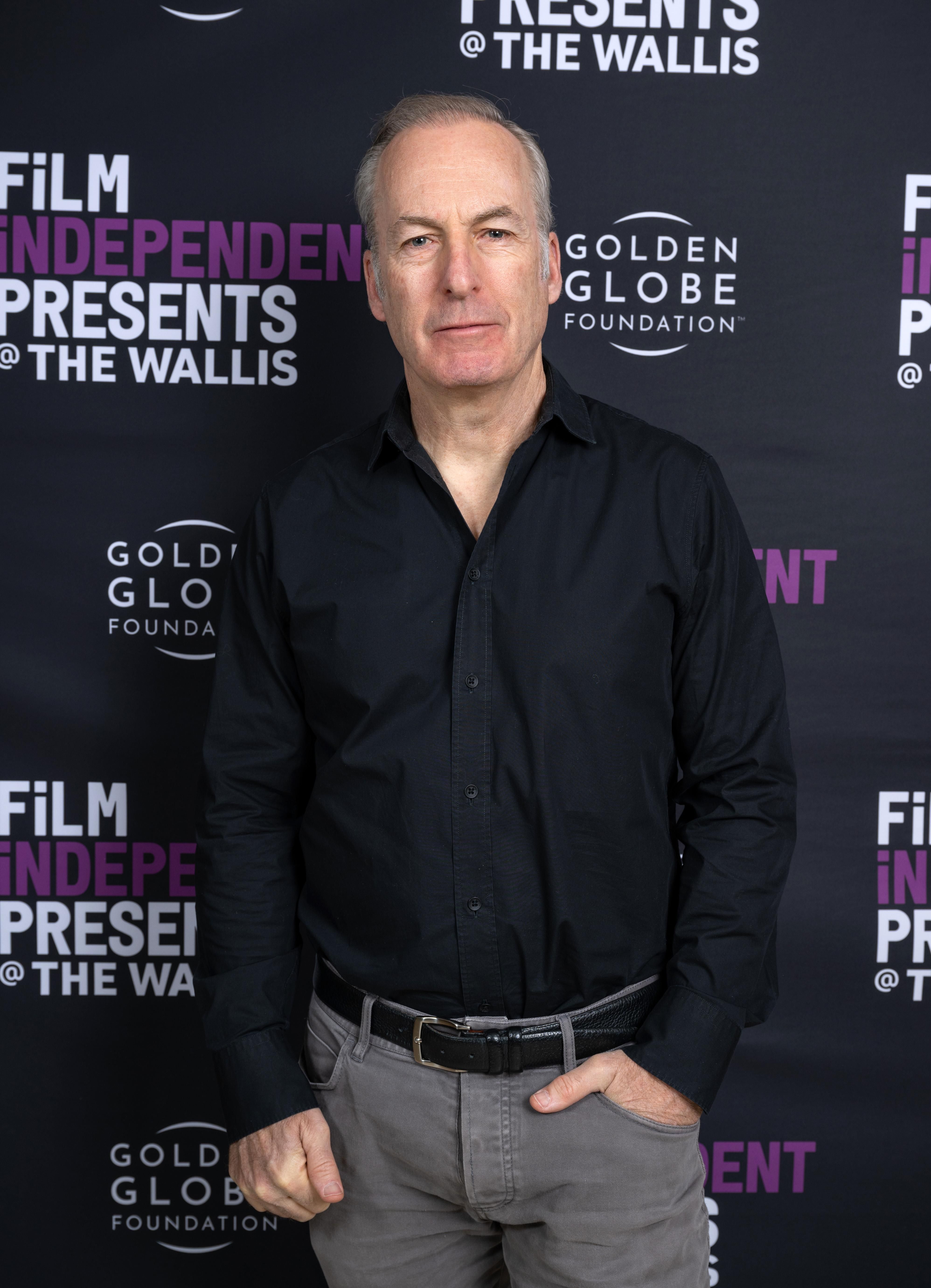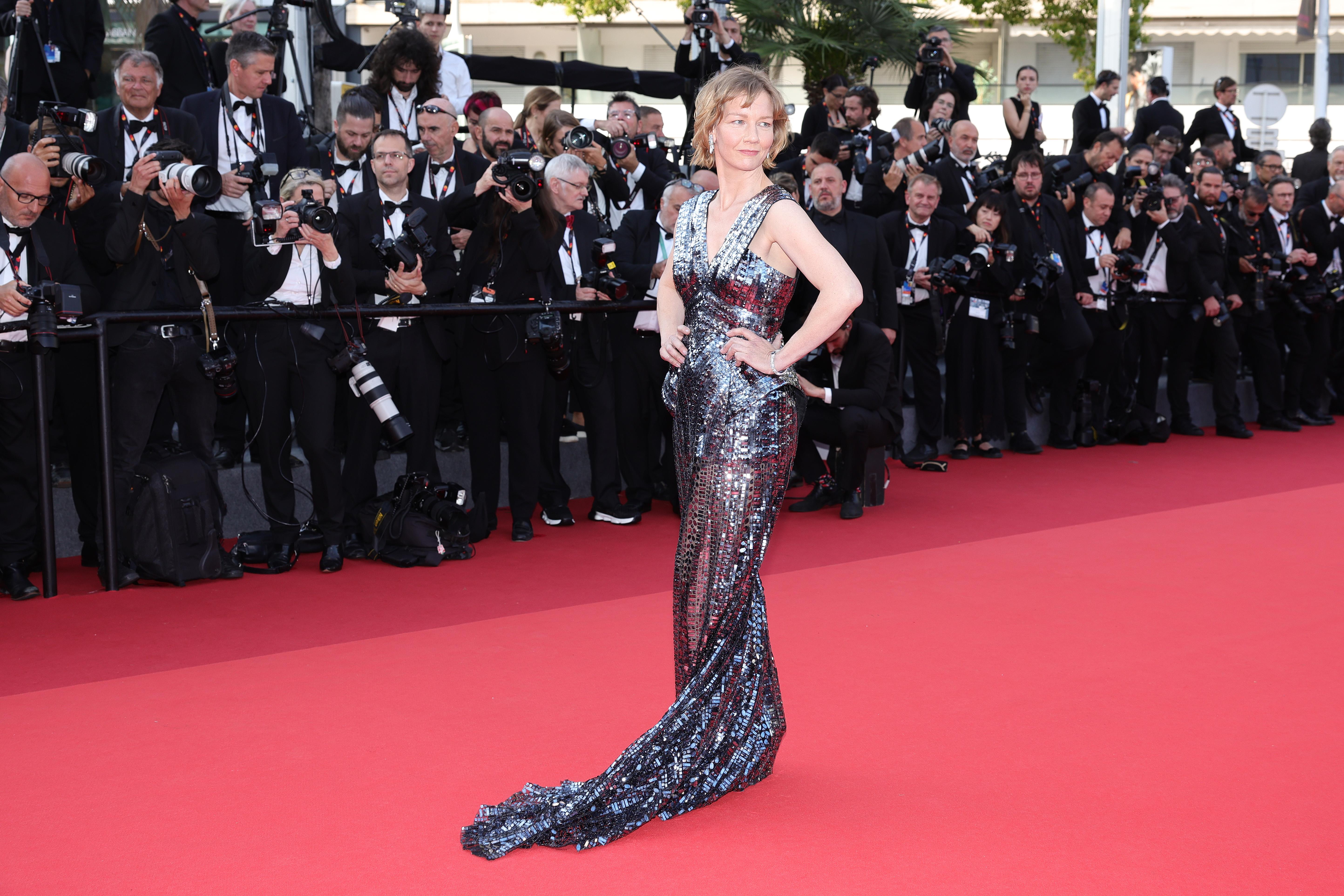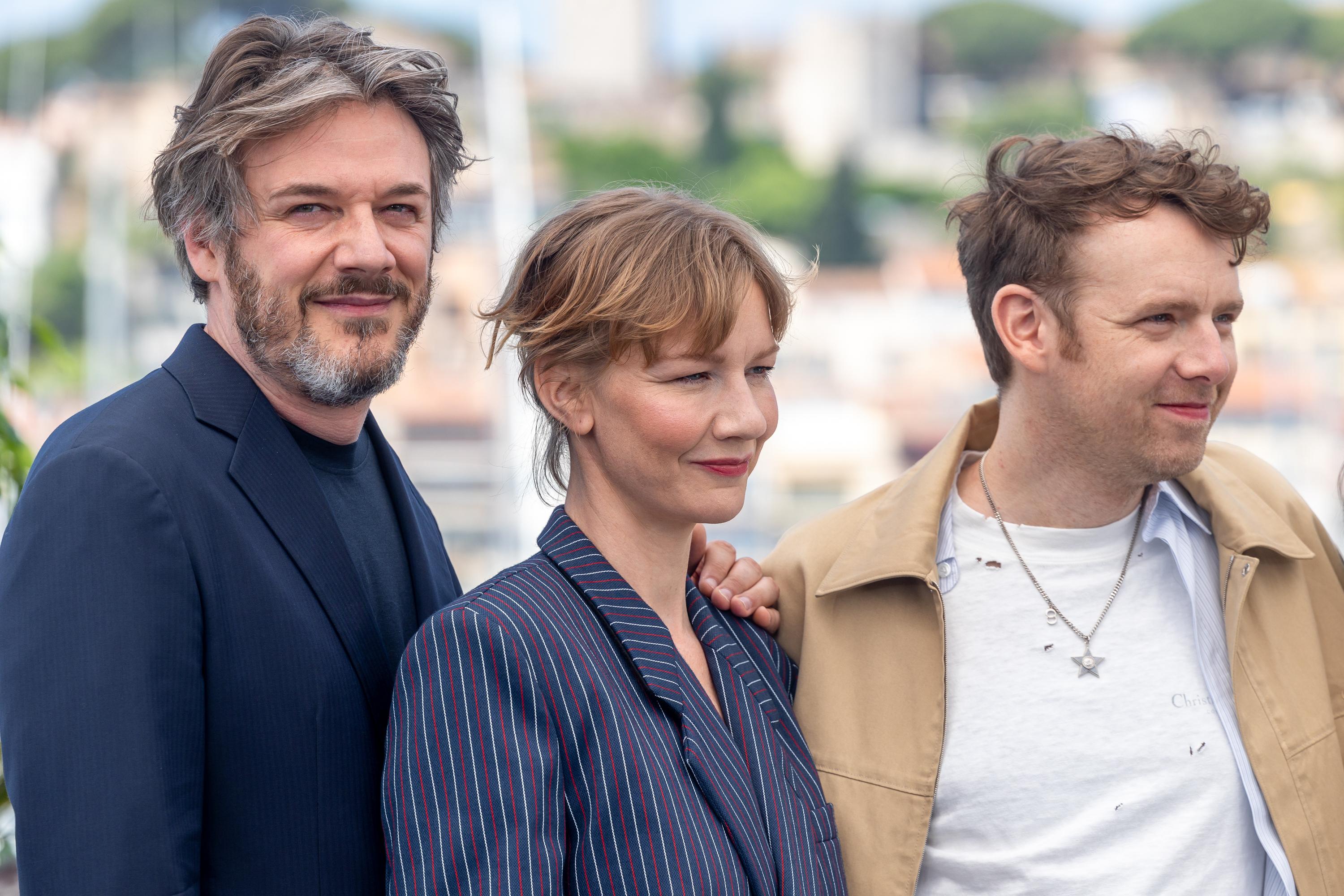Synopsis
In the serene isolation of a mountain chalet near Grenoble, a peaceful afternoon shatters when Samuel Maleski, a husband and father, is discovered lifeless beneath the attic window. His son, Daniel, returning from a stroll with his loyal guide dog, stumbles upon the unimaginable scene. The victim's wife, Sandra Voyter, a German novelist, is soon enveloped in a cloud of suspicion when an old friend and lawyer, Vincent Renzi, prompts her to share the tragic news.
When Sandra confides that Samuel's fall might have been accidental, doubts begin to swirl. A past incident surfaces—Samuel's prior aspirin overdose attempt after abandoning his antidepressants—raising further questions. Meanwhile, Daniel's recounting of the events lacks clarity, as he offers varying accounts of his whereabouts at the time. A contentious recording of a heated argument between Samuel and Sandra from the previous day, coupled with forensic evidence of trauma preceding the fall, set the stage for a gripping courtroom drama.
As Sandra's defense argues for the plausibility of an accidental fall from the attic, the prosecution paints a darker narrative of a deadly confrontation, suggesting that Sandra's actions were driven by past grievances and a history of tension in their marriage. During the trial, Sandra grapples with revealed truths, including her resentment towards Samuel, partly blaming him for the accident leading to Daniel's visual impairment.
A key point in the prosecution's argument is centered around a vivid argument recording, accusing Sandra of infidelity and control. With echoes of psychological and physical conflict, the truth becomes enigmatic as both parties portray themselves as victims. The tale takes unexpected turns when Sandra reveals an affair from the previous year, prompting speculation that the underlying jealousies and frustrations had reached a fatal climax.
Amidst these revelations, Daniel becomes a pivotal figure, seeking clarity and understanding amidst his family's turmoil. In a poignant conversation with a court-appointed monitor, Marge, Daniel explores his growing conviction. Striving to uncover the truth, he recalls crucial memories that align with Sandra's testimony, eventually shedding light on Samuel's state of mind and the gravity of his unspoken despair.
In a courageous act, Daniel takes the stand, sharing his perspective that questions the differing narratives. Reflecting on a conversation with his father about life's relentless, sometimes brutal progression, Daniel offers an insightful interpretation that may hold the key to the trial's outcome. Through Daniel’s heartfelt testimony, unraveling the complexities of love and grief, an unexpected verdict emerges.
The conclusion leaves viewers contemplating the fine line between reality and perception. Sandra’s return home is marked by a poignant reunion with Daniel, fraught with trepidation yet underscored by enduring affection. As the shadows of the past linger in the quiet sanctuary of their home, Sandra gazes at a cherished photograph—a silent testament to a chapter that leaves audiences pondering the intricate anatomy of a loved one's fall.
Argument
The gripping narrative of unfolds in the stark isolation of a mountain chalet near Grenoble. The tranquility of this remote setting is shattered by the blaring music coming from the attic where Samuel Maleski resides. His wife, Sandra Voyter, a German novelist, requests to reschedule an interview with a female student due to the cacophony. Their son Daniel, who is visually impaired, returns home with his guide dog, Snoop, only to be confronted with the sight of his father, Samuel, lying dead beneath the attic window.
In this complex narrative, we are introduced to the intricate web of familial tensions and the ambiguity of truth. Speaking with Vincent Renzi, an old friend and lawyer, Sandra asserts that Samuel’s fatal fall was a mere accident. However, Vincent probes deeper, pointing out that the court may find this difficult to believe. Sandra's revelation about Samuel’s attempted aspirin overdose six months prior, after having stopped his antidepressants, adds layers to the unfolding drama. An observable bruise on Sandra’s arm, which she attributes to an accidental bump against a countertop, raises even more questions about the relationship dynamics.
The police investigation takes a critical turn when Daniel offers a statement, declaring that his parents were engaged in a calm conversation before he left. Yet, his recollections are inconsistent concerning his exact position at that time. This, compounded by an autopsy report indicating a head wound occurred before Samuel's body made contact with the ground, blood spatter evidence, and a damning audio recording of a violent altercation between Sandra and Samuel the day prior, propel the case toward an indictment.
In the ensuing trial, the defense contends that Samuel inadvertently fell, striking his head on a shed, while the prosecution posits a far more sinister scenario: that Sandra wielded a blunt object to fatally wound Samuel before pushing him off the third-floor balcony. The atmosphere in the courtroom crackles with tension during an exchange between Sandra and Samuel's psychiatrist, where Sandra confesses to harboring resentment towards Samuel for his partial blame in an incident resulting in Daniel's impaired vision. Such moments lay bare the complex fabric of the human psyche.
The audio recording, laden with explosive accusations from Samuel of plagiarism, infidelity, and manipulative control over their shared life, ratchets up the stakes. It paints a vivid picture of a relationship fraught with acrimony. Though the argument turns physically belligerent, the recording leaves ambiguity about who initiated the violence. The prosecution insists it was Sandra, while she explains that she merely threw a glass at a wall and slapped Samuel, which contradicts her claims of self-inflicted wounds.
The narrative takes another twist as Sandra admits to an affair with a woman the year prior to Samuel’s death. This revelation becomes instrumental for the prosecution in hypothesizing that Samuel’s loud music expressed jealousy towards Sandra's interactions with the interviewer, sparking a deadly confrontation. The prosecution further builds its case by drawing parallels between Sandra’s creative work and real-life events, suggesting a mirroring of her fiction and reality.
Sandra vociferously protests against this fictional conflation, asserting that a single recording cannot adequately depict the entirety of their marriage, nor can snippets of her writing serve as proxies for her personal beliefs. As tensions ramp up, Daniel insists on delivering his testimony, prompting the judge to implement stringent measures to safeguard his testimony from external influences, including the appointment of a court monitor and mandating conversations in French, which Sandra struggles to navigate.
Seeking solitude, Daniel requests Sandra leave their home for the weekend, allowing him time with Marge, the court monitor, and his dog Snoop. Curiously, after Sandra describes Samuel's previous aspirin overdose, Daniel recalls Snoop becoming ill at the same time. In a bid to affirm this memory, Daniel conducts his experiment, feeding Snoop aspirin and observing similar effects, thus aligning with Sandra’s testimony.
Conflicted by the complex emotional landscape, Daniel confides his turmoil to Marge, who advises him on the daunting ambiguity of truth, suggesting instead that personal resolution may be found in determining what feels true for oneself. On the stand, Daniel asserts that while he cannot comprehend his mother’s potential guilt, his father’s despairing dialogue about preparing for loved ones' deaths resonates profoundly. This insight, reflecting Samuel’s own struggles with suicidal ideation, provides a pivotal moment in the trial.
The culmination of Daniel’s poignant testimony results in Sandra’s acquittal. Upon her return home, a mutual trepidation is shared between her and Daniel regarding her homecoming. In this raw, emotional exchange, the bond between mother and son is reaffirmed as they embrace. As Sandra retires for the night, her lingering gaze upon a photograph of her and Samuel encapsulates the deep sense of loss mixed with relief, before she finds solace in Snoop’s companionship.
Through , the film meticulously dissects the anatomy of familial relationships and the subjective nature of truth, engaging viewers in an exploration of moral ambiguity and emotional authenticity. The narrative deftly balances forensic mystery with emotional depth, culminating in a story that resonates with the uncertainties of real human experience.
Cast

Sandra Hüller
Sandra Voyter
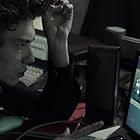
Swann Arlaud
Maître Vincent Renzi

Milo Machado-Graner
Daniel

Antoine Reinartz
Avocat général

Samuel Theis
Samuel Maleski

Jehnny Beth
Marge Berger
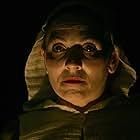
Saadia Bentaïeb
Maître Nour Boudaoud

Camille Rutherford
Zoé Solidor

Anne Rotger
Présidente du tribunal

Sophie Fillières
Monica

Messi
Le chien

Julien Comte
Légiste

Pierre-François Garel
Juge Janvier

Savannah Rol
Gendarme

Ilies Kadri
Gendarme

Vincent Courcelle-Labrousse
Procureur

Cécile Brunet-Ludet
Juge Bollène

Nesrine Slaoui
Journaliste BFM
Multimedia


